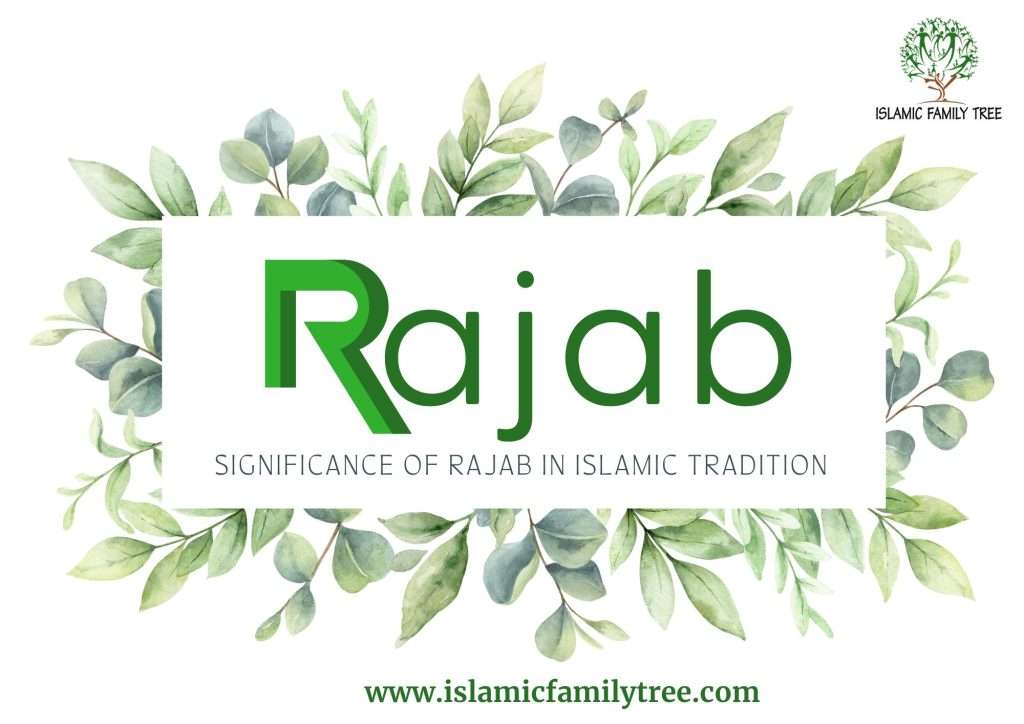
The seventh month of the Islamic lunar calendar, Rajab, is special to Muslims all over the world. It is not only significant historically and spiritually but also a precursor to the holy month of Ramadan. Let’s see why Rajab is a time of reflection and reverence for the Islamic community.
The Birth of ʻAlī ibn Abī Ṭālib
Perhaps the most famous occurrence attributed to Rajab is that of ʻAlī ibn Abī Ṭālib, the fourth Rashidun Caliph and an integral part of the history of Islam. ʻAlī was born on the 13th day of Rajab within the holy area of the Kaaba in Mecca, an event deemed exceptional and unusual. His life and legacy as a leader, warrior, and scholar continue to inspire millions of Muslims, both Sunni and Shia, who regard him as an exemplar of piety, wisdom, and justice.
The Night Journey and Ascension (Isra and Mi’raj)
Rajab is also marked by the commemoration of Isra and Mi’raj, the miraculous night journey and ascension of Prophet Muhammad (ﷺ). According to Islamic tradition, this incident occurred on the 27th night of Rajab. It is said that the Prophet was taken from Mecca to Jerusalem (Isra) and then sent up through the seven heavens, where he could see the full glory of the divine and had the command revealed to him by God to demand five daily prayers from Muslims. This event stresses the significance of prayer in Islam and reminds followers of the Prophet’s incomparable spiritual journey.
Rajab and Shaʿbān: A Preparatory Stage to Ramaḍān
For most Muslims, Rajab is considered a preparatory month followed by Shaʿbān that leads up to the holy month of Ramaḍān. These months are considered ideal for increasing acts of worship while seeking forgiveness and reviewing one’s spiritual condition. In most months of the Islamic calendar, a good deal of Muslims start to prepare by fasting during the two preceding months: Rajab and Shaʿbān. It was about the Prophet Muhammad that is stated to have narrated: “Rajab is the month of Allah, Shaʿbān is my month, and Ramadan is the month of my Ummah.”
Works of Devotions and Repetitions
During Rajab, Muslims are doing different acts of worship such as fasting, performing some additional prayers, giving charity, and seeking forgiveness. The month is considered an opportunity for spiritual rejuvenation when Muslims strive to get closer to Allah and cleanse their hearts of all sorts of negativity. It is a time for commemorating significant events in Islamic history, thereby gaining a closer sense of faith and tradition.
Conclusion
Rajab is a month of immense spiritual significance in Islam, marked by historical events like the birth of ʻAlī ibn Abī Ṭālib and the Isra and Mi’raj. It is a period of reflection, preparation, and devotion that sets the tone for the upcoming holy month of Ramadan. For Muslims, this is not the calendar month, but a strong reminder of a rich spiritual heritage and an excellent opportunity to reaffirm their love and relationship with God.


